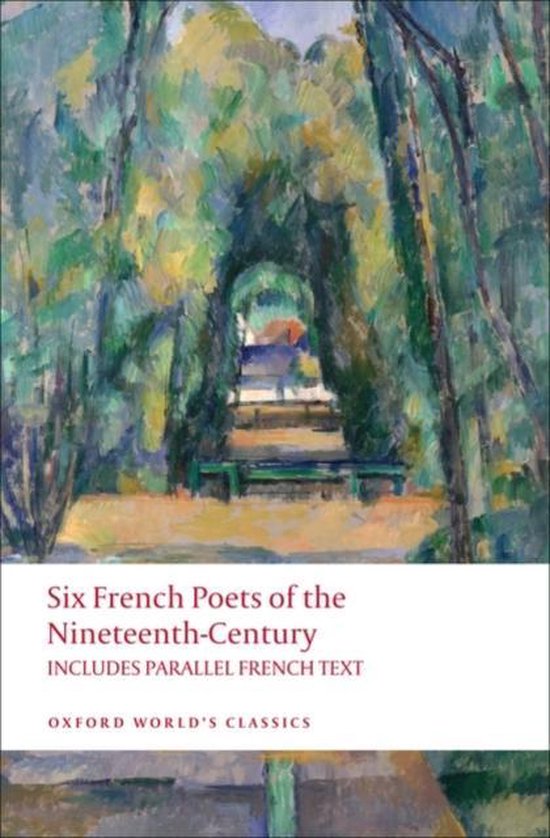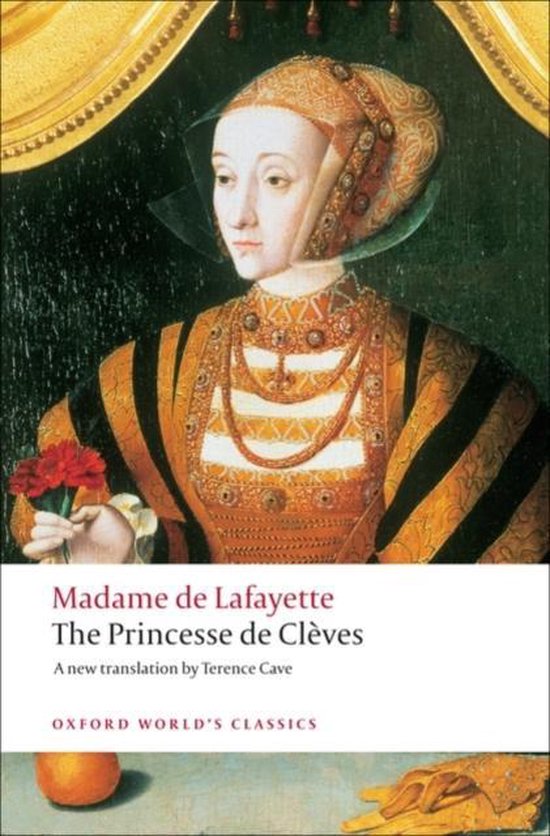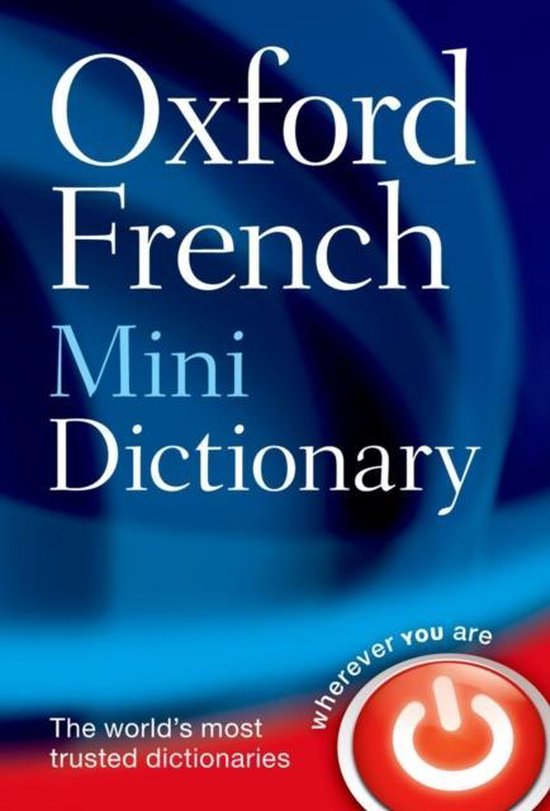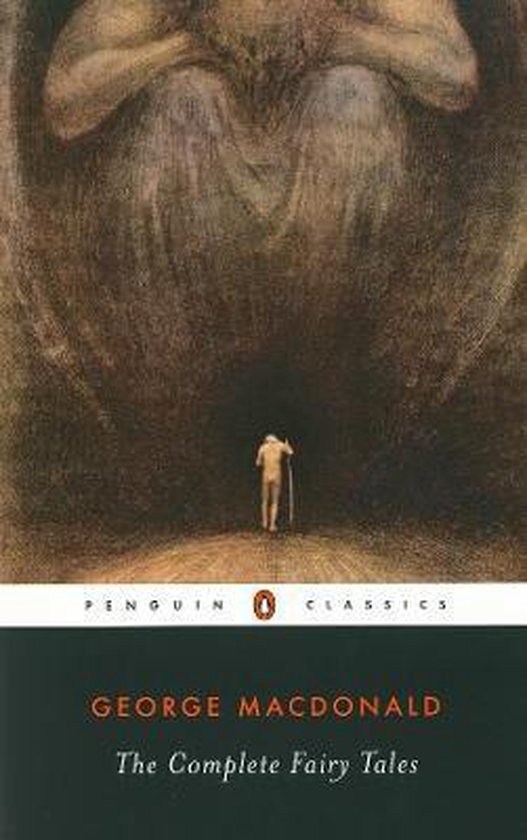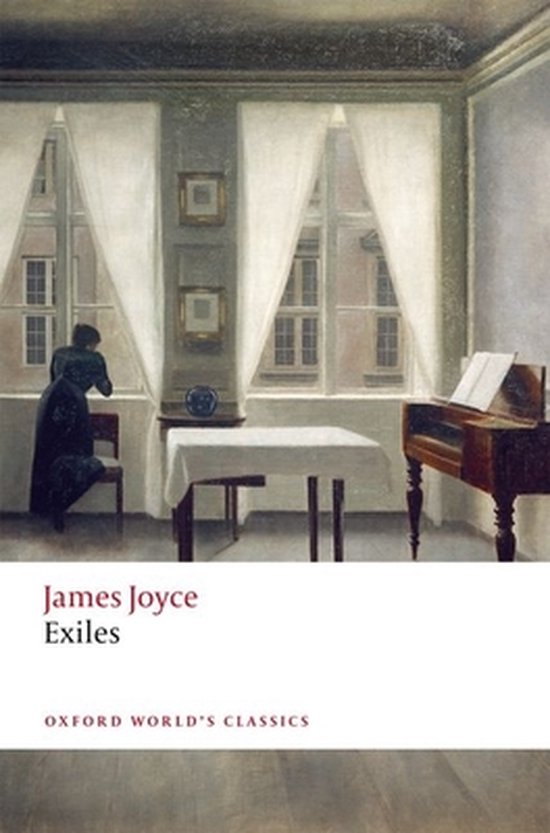
Exiles
James Joyce's only surviving play has divided Joyceans for a century. Illuminating the themes of performance that are so prominent throughout Joyce's fiction, Exiles sees Joyce staking his claim definitively within the European theatrical tradition.
'That is my fear. That I stand between her and any moments of life that should be hers...' Set against the backdrop of the Home Rule Crisis of 1912, Exiles is James Joyce's only surviving play. It tells the story of writer Richard Rowan and his common-law wife Bertha, characters drawn from Joyce's own life with Nora Barnacle. After a decade of absence from Dublin, Richard and Bertha have returned home from Rome, still unmarried, with their young son Archie. Richard hopes that he will be greeted as a returning genius and rewarded with a comfortable university position. But this aspiration ends up taking a back seat to the erotic crisis that is unleashed by the couple's return to the place where they first met, and their encounters with two old flames and friends. In this play, Joyce revisits his own agonizing feelings of jealousy that were precipitated by similar trips home to Dublin. In the introduction and notes, Keri Walsh provides a comprehensive look issues of gender, sexuality, and performance as well as considering the nationalist and sectarian contexts of Dublin in 1912, the year of the play's setting.
'That is my fear. That I stand between her and any moments of life that should be hers...' Set against the backdrop of the Home Rule Crisis of 1912, Exiles is James Joyce's only surviving play. It tells the story of writer Richard Rowan and his common-law wife Bertha, characters drawn from Joyce's own life with Nora Barnacle. After a decade of absence from Dublin, Richard and Bertha have returned home from Rome, still unmarried, with their young son Archie. Richard hopes that he will be greeted as a returning genius and rewarded with a comfortable university position. But this aspiration ends up taking a back seat to the erotic crisis that is unleashed by the couple's return to the place where they first met, and their encounters with two old flames and friends. In this play, Joyce revisits his own agonizing feelings of jealousy that were precipitated by similar trips home to Dublin. In the introduction and notes, Keri Walsh provides a comprehensive look issues of gender, sexuality, and performance as well as considering the nationalist and sectarian contexts of Dublin in 1912, the year of the play's setting.
| Auteur | | James Joyce |
| Taal | | Engels |
| Type | | Paperback |
| Categorie | | Poëzie, Bloemlezingen & Letterkunde |
